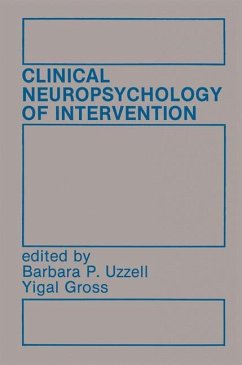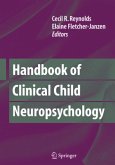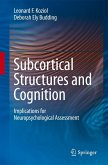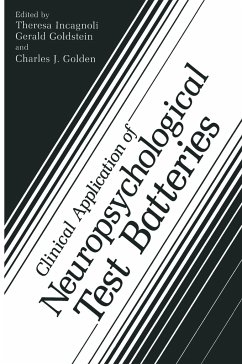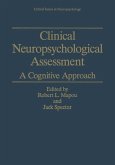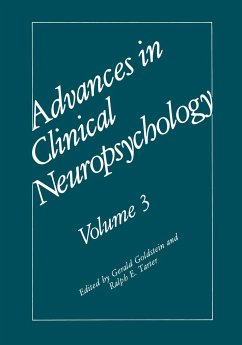Neuropsychology has been concerned with brain-behavior relationships. Clinical neuropsychology has been concerned with application of relation ships to clinical problems. As interest in these topics continues, a spin-off from clinical neuropsychology has been the realization ofthe potential ofde lineations of behavioral consequences of cerebral lesions for developing and evaluating restoration and compensation objectives. Methods for these proce dures are scattered in books, journal articles, or else unwritten, and only in the minds of clinicians. Questions need to be addressed regarding the kinds ofassessment selections required; the types ofrehabilitation planning; the in fluences ofthe environment, communication, and personality; and the means of effectively evaluating rehabilitation procedures. A useful book is needed by clinicians working in this area. The purpose of this book is to consolidate, in one volume, current work able approaches ofa subdiscipline within neuropsychology and related areas which we are calling Intervention. Problems, dilemmas, solutions, and choices are presented to the reader beginning to work in this fascinating area, and to those of us already enthralled by previous developments and outcomes. Workers with expertise in assessment for intervention and interventiop strategies are chapter contributors who unravel issues, provide available em pirically based theory, illustrative data, and case reports. The volume begins with a chapter that emphasizes an awareness of the potential usefulness ofpathophysiology, and the recognition of spontaneous xv xvi recovery in relationship to intervention. Part II of the book is devoted to identifying and developing assessment techniques relevant for intervention.
Hinweis: Dieser Artikel kann nur an eine deutsche Lieferadresse ausgeliefert werden.
Hinweis: Dieser Artikel kann nur an eine deutsche Lieferadresse ausgeliefert werden.

